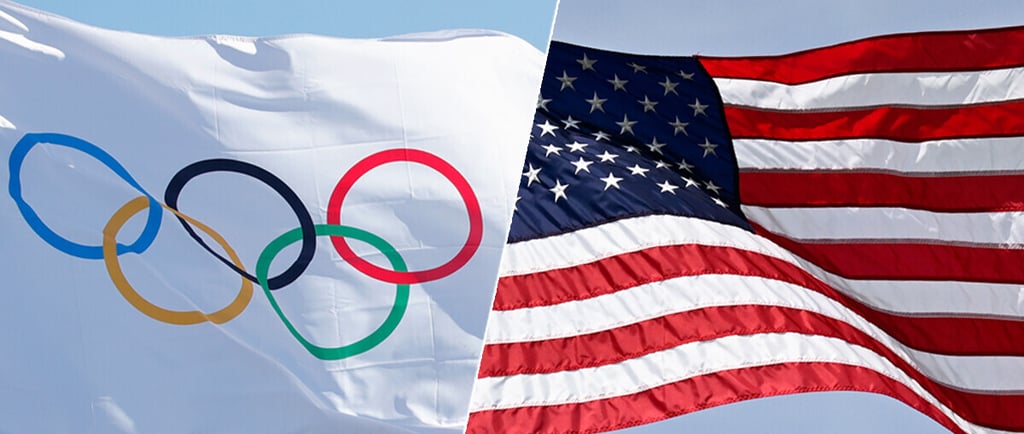The Absence of the USA Flag at the Paris 2024 Olympics: A Historical and Regulatory Perspective


The decision to not raise the USA flag at the Paris 2024 Olympics has garnered significant attention, raising questions about the International Olympic Committee's (IOC) regulations and historical precedents. Interestingly, this is not the first instance where such an occurrence has happened. Focusing on historical context and compliance with international rules, this article elucidates the unique and noteworthy circumstances surrounding the American flag's absence.
Historical Context: A 44-Year-Old Precedent
Forty-four years ago, during a different Olympic event, a similar situation was on the verge of unfolding. The host country at the time refused to raise the American Star-Spangled Banner with the consent of the IOC. This incident set a controversial precedent, highlighting the complex interplay between host nations and international regulatory bodies like the IOC.
The Role of the International Olympic Committee
The International Olympic Committee is responsible for ensuring that the Olympic games are conducted according to established protocols and standards. The decision to not raise the USA flag at the Paris 2024 Olympics was made in agreement with the IOC, marking a deviation from traditional practices. This raises questions about the consistency and enforcement of regulations, as complying with such a decision can be seen as a violation of typical Olympic rules.
Regulatory Implications and Observations
The violation of the regulations with the consent of the IOC reflects a nuanced approach to international diplomacy and rule enforcement. While the IOC's primary role is to ensure a harmonious and fair competition, the flexibility displayed in certain contexts indicates a broader understanding of political and cultural sensitivities. This situation also underscores the importance of transparency and consistency in adhering to international guidelines to maintain the integrity of the Olympic tradition.
In conclusion, the absence of the USA flag at the Paris 2024 Olympics is not just a matter of regulatory oversight but also a reflection of historical precedents and the complex dynamics between host countries and international organizations. As we approach the Paris 2024 Olympics, it will be crucial to observe how this decision is received globally and what implications it holds for future Olympic Games.
